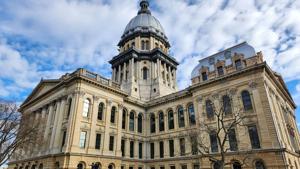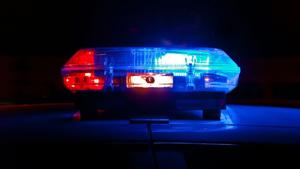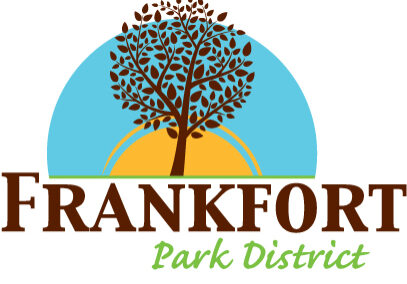
Frankfort Park District Survey Shows Lack of Support for Top Rec Center Designs; Board Weighs Costly Referendum
Frankfort Park District Special Committee Meeting | September 23, 2025
Article Summary: A recent survey on a proposed indoor recreation center revealed no clear public support for the top two designs and a general opposition to raising taxes, leading the Frankfort Park District board to discuss the path forward, including the possibility of a November 2026 referendum that could cost $150,000 to place on the ballot.
Indoor Recreation Center Survey Key Points:
-
A community survey showed no consensus or strong support for the two leading designs for a new indoor recreation center.
-
The majority of survey responses indicated opposition to raising taxes to fund such a project.
-
Building a new facility would require a bond referendum, and the district estimates a minimum of $1 million in ongoing annual operating costs.
-
The board learned that the cost to simply place a referendum on the ballot is approximately $150,000.
The Frankfort Park District is at a crossroads regarding a potential indoor recreation center after a community survey showed a lack of public support for lead designs and a strong aversion to tax increases, commissioners learned at a committee meeting on Tuesday, September 23, 2025.
During a discussion of the survey results, Executive Director Gina Hassett and the Board of Commissioners reviewed a summary showing that residents did not rally behind either of the top two proposed designs for a new facility. Furthermore, a majority of respondents indicated they were not in favor of raising taxes to fund a large-scale project.
The survey feedback complicates the path forward for the district, which has been exploring options to expand its indoor programming space. Any large capital project like a new recreation center would require the park district to pass a bond referendum, asking voters to approve a tax increase. The board discussed that a project would need to be specifically tied to the referendum question.
The financial hurdles extend beyond construction costs. The board noted that a new facility would require a minimum of $1 million in annual operating funds, a significant and ongoing budgetary commitment. Adding to the financial considerations, the board learned that the estimated cost to simply prepare and place a referendum on the ballot is approximately $150,000.
Despite the challenging survey results, Commissioner Tom Ruvoli stated that he still favors pursuing a referendum in November 2026.
The discussion also explored various alternatives. The board considered the idea of selling the property where a new center might be built, but noted that selling park district land would also require a referendum. Phased construction plans and different funding amounts to request from voters were also debated. The idea of purchasing the nearby Roma building was mentioned, but commissioners acknowledged that such a move would come with numerous complex conditions.
Amid the long-term planning discussions, the board also acknowledged that the immediate concern and need for the district is the existing Founders Community Center.
Latest News Stories
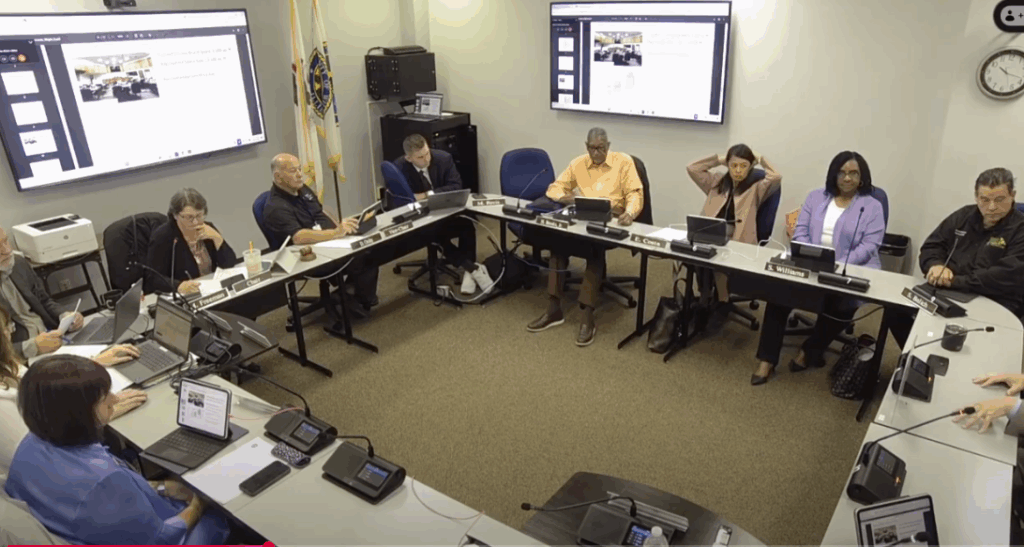
Will County to Draft First-Ever Policy on Artificial Intelligence Use
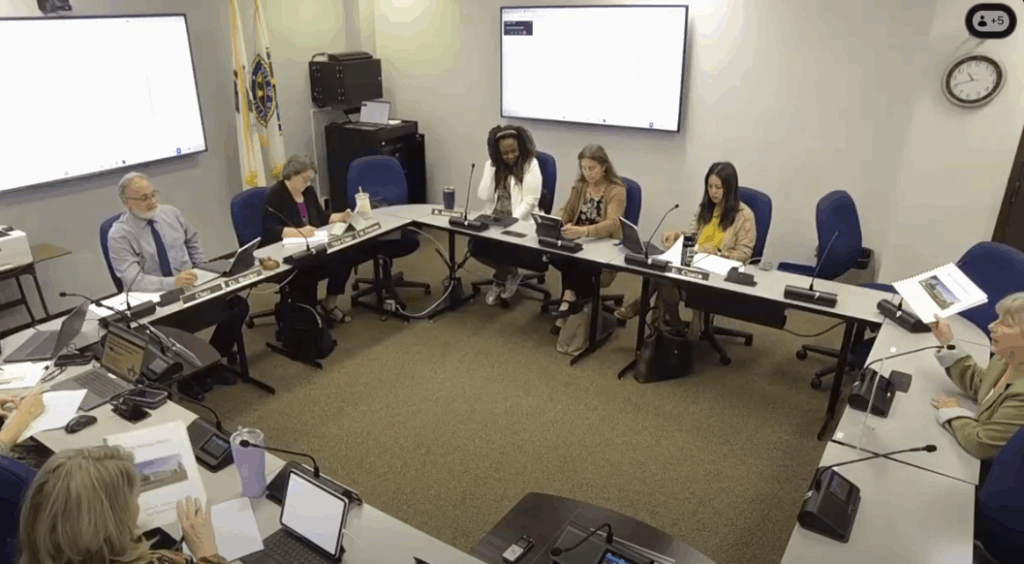
Will County Sees 50% Drop in Opioid Deaths, But Alarming Rise in Suicides
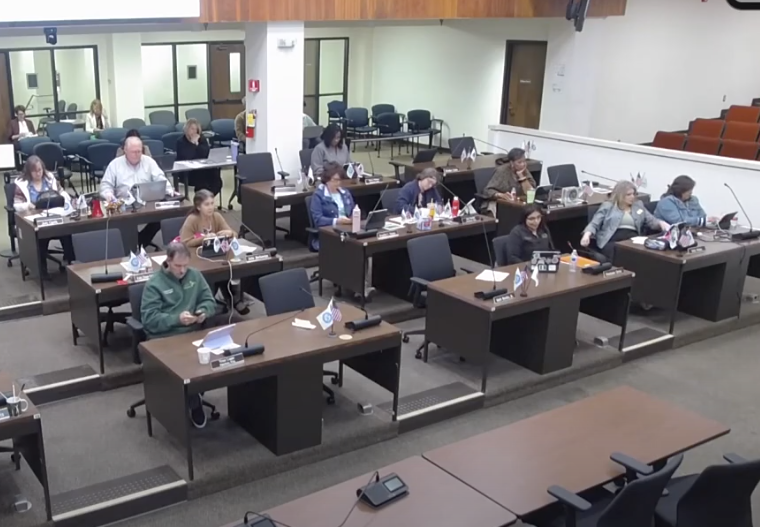
Will County Board Backs Effort to Rename ‘Stigmatizing’ Chicago Sanitary and Ship Canal
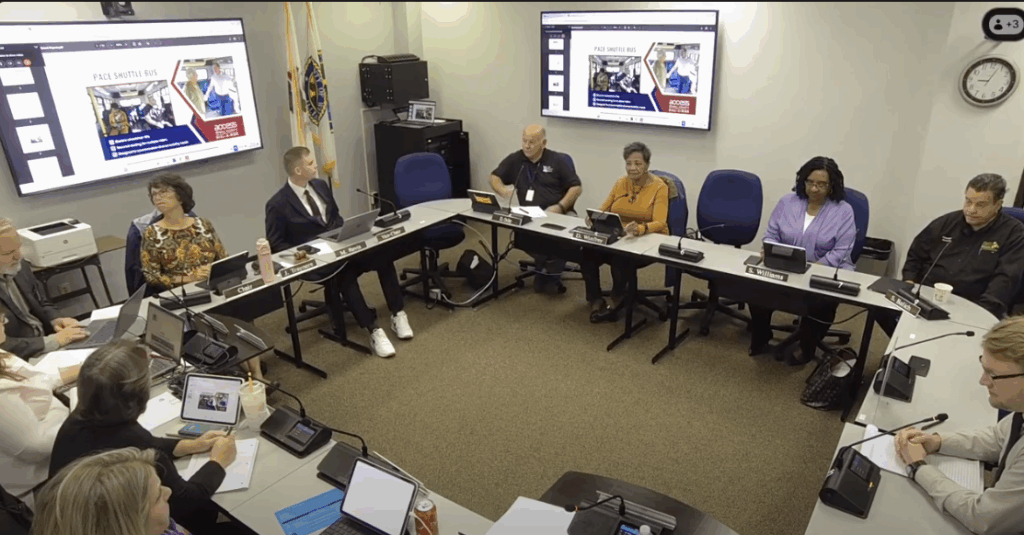
Access Will County Dial-a-Ride on Track for Full County-Wide Service in 2026
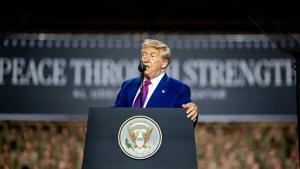
Trump says new 100% tariff on China as trade war escalates
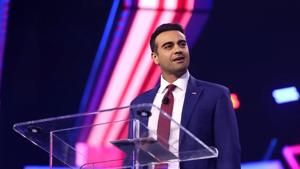
Arizona congressman calls for end to government shutdown

WATCH: Pritzker continues encouraging ICE protests after Guard blocked

Illinois quick hits: Ag incentives announced; Cook County announces increased budget
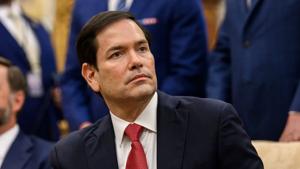
Senator urges Rubio to move forward designating Antifa a foreign terror organization
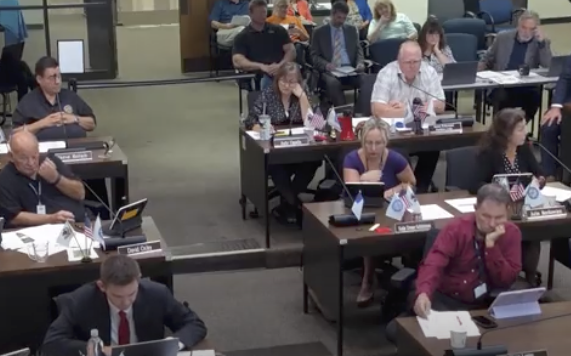
Divided Will County Board Authorizes Condemnation for 143rd Street Widening
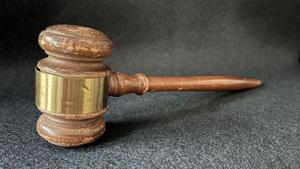
Former board member expressed concerns about indicted DeKalb superintendent
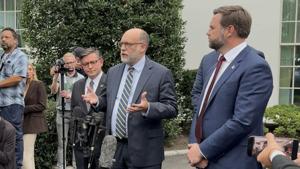
Trump administration begins axing positions of furloughed federal workers
